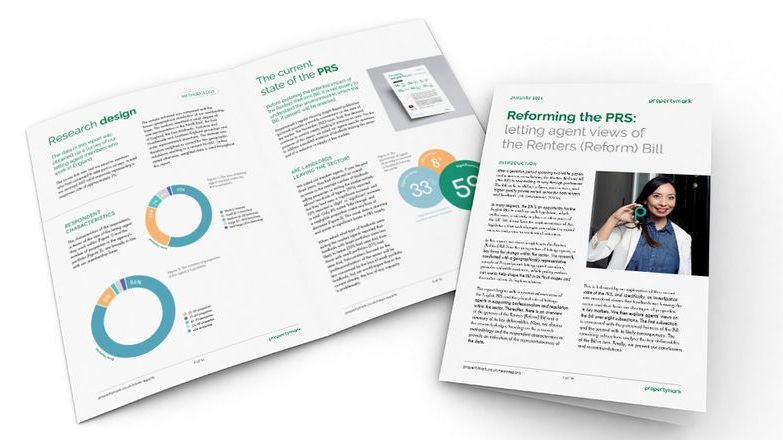
The Bill seeks to ‘deliver a fairer, more secure, and higher quality private rented sector for both tenants and landlords’. In many respects, the Bill is an opportunity for the English PRS to catch up with legislation, which in the main, is already in place in other parts of the UK. We know from the implementation of this legislation, that such changes are subject to mixed success and prone to unintended outcomes.
The regrowth of the PRS
The English private rented sector has rapidly regrown over the last two decades. The scale of the regrowth is significant and the sector is now home to around 4.6 million (19%) of English households. This re-growth has been led by many private investors (landlords) who tend to own a small number of properties each and operate on a part time basis.
The PRS plays a critical role in ensuring flexibility within the housing system with average tenancy durations equating to around a third of those in the social rented sector. As it has grown, the PRS has displaced rates of home ownership and social renting.
The importance of letting agent views
According to the English Landlord Survey, 46% of landlords in England use a letting agent for letting services and 18% use a letting agent for management services. Beyond these headline categories, letting agents fulfil a myriad of hidden roles as mediators, gatekeepers, market movers and compliance managers.
Letting agents have a deep and longstanding understanding of the sector and the properties and landlords within it. As such, lettings agents are well positioned to provide a range of material insights into the appropriateness of the Bill and its likely unintended outcomes.
